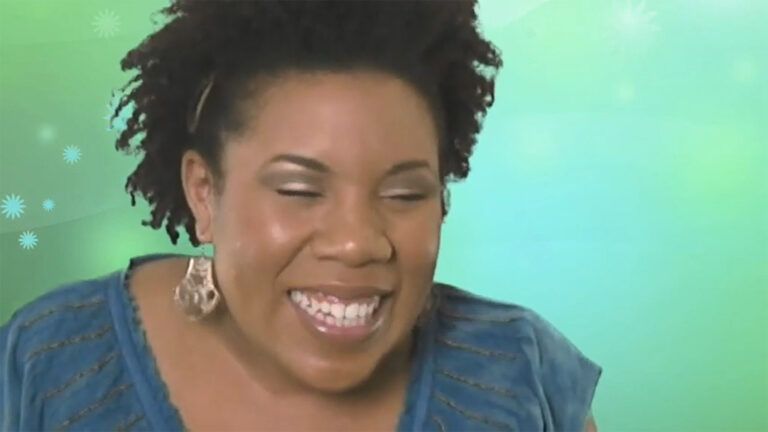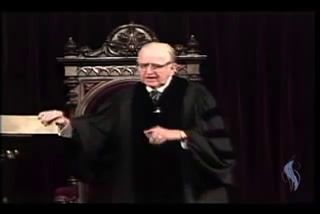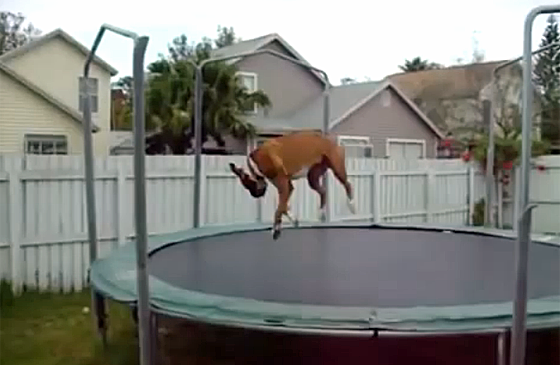
David Stoecker on His Approach to Recovery from Addiction
David Stoecker, recovering addict and outreach coordinator for the Missouri Recovery Network, shares an approach to overcoming addiction that he calls “the locker room.”
View Transcript
Guideposts Video: Inspiring True Stories
My name is David Stoecker. I’m a person in the long term recovery. What that means for me is I haven’t used alcohol or other drugs since January 31 of 2009. When I talk about recovery, I couldn’t get into recovery without having gone through something.
For me, my first memory is being molested by a babysitter. I grew up in a house with a father who had a drinking problem, and my mother left him first week of fifth grade, dropped us off at our grandparents.
My grandpa was a really violent guy, the kind of guy that would beat me and then call into a school, and say I was helping him on the farm for the next week so that I could heal up before I went back to school. Over that time I lost my faith.
I realized that if there was really a God that cared about me and that’s the way he cared about me, you know what? I wasn’t going to care about him either, and I became what I would call agnostic. My dad ended up getting custody of me the summer before seventh grade. He lived in a little town outside of East St. Louis called Highland.
And my dad worked overnights. The first weekend he went to work, I took a walk and I bumped into a kid that was about my age on the square. Come to find out we were going into the same grade when school started, and his big brother called him over to a group of older kids and they asked me if I was cool, which of course, the answer to that is always yes.
They asked me if I smoked, and I said sure, because I’ve been stealing my grandpa’s cigarettes for the last year and a half. And when they passed something around, it wasn’t a cigarette, and after hitting it a couple times I felt numb, and I didn’t think about all the abuse in my past.
Alcohol was my drug of choice for multiple years. But through that, I got an associate’s degree, two bachelor’s degrees and was in the first year of my master’s degree. And in the first year of my master’s degree, my father committed suicide. And my dad was kind of my superhero.
You know, when my mom left my dad, my dad stopped drinking. He was done. And when he died, it hit me like nothing ever had. For the first time I found a pain that I couldn’t use an escape or numb from. So the locker room is one of those things that I found to be really effective whenever I tried to get sober.
I say with the locker room, there’s a few things we have to do. Number one, we have to figure out what team we’re going to play for. Are you going to play for Team Sober or Team Jacked-Up? Are you going to play for the devil’s team or God’s team? You make that decision.
Once we get a team, we need teammates. Teammates are accountability partners. It’s people who are living their lives well, who are doing the types of things we want to do, and they encourage us to do the exact same. We also give them permission to call us out on stuff, and we actually don’t get made at them when we do.
We need a coach, and a coach is somebody who is, I always say, is like a sponsor. In recovery, I worked with a sponsor. But once I got to a point where I was no longer just focused on substance use and I started focusing on becoming a better person, I ended up finding a mentor, which is somebody who had a life I wanted in three to five years.
You need a game plan. For some people, the game plan might be 12 steps. For me the game plan’s the Bible. You know, I heard it called a 66-book love letter, and I love that word to refer to it. I always tell people, “I have a Big Book too; it’s just a little bit different than yours.”
We need practice, and to me, practice is meetings. And I don’t care if your meeting is church, 12 steps, if it’s Celebrate Recovery, find something where you can surround yourself with good teammates and learn that game plan and rehearse it.
Sometimes life’s going to kick your butt. It’s going to catch up to you. And in a game, when life catches up to people, they call a time out. For me, that time out looks like meditation, mindfulness and prayer. You know, those are things I’d do to get centered.
I also say we need to play for a home team, because people tend to do better in their home team. So plug in to things in your community. Become active in your community and do things to make your community better.
And finally, before the game starts, we need pep talks. And for me, my pep talk every morning when I wake up, I make sure I wake up half an hour early. I sit down. I write down three things I’m grateful for that day, and while I sip on my coffee, I just focus on those three things that I’m grateful for, and I give up thanks to God in prayer.
And I keep those, so that when my depression does kick in sometimes, and I’m feeling like my butt’s kicked, I can look back over hundreds of things that I’ve said I’m grateful for and it gives me a better start to my day.
So that’s my locker room in a nutshell. There’s a little bit more to it, but we’re getting ready to put a workbook together and that’s something that hopefully we can get out to people so that they can find more ways to add positive things to their life.










